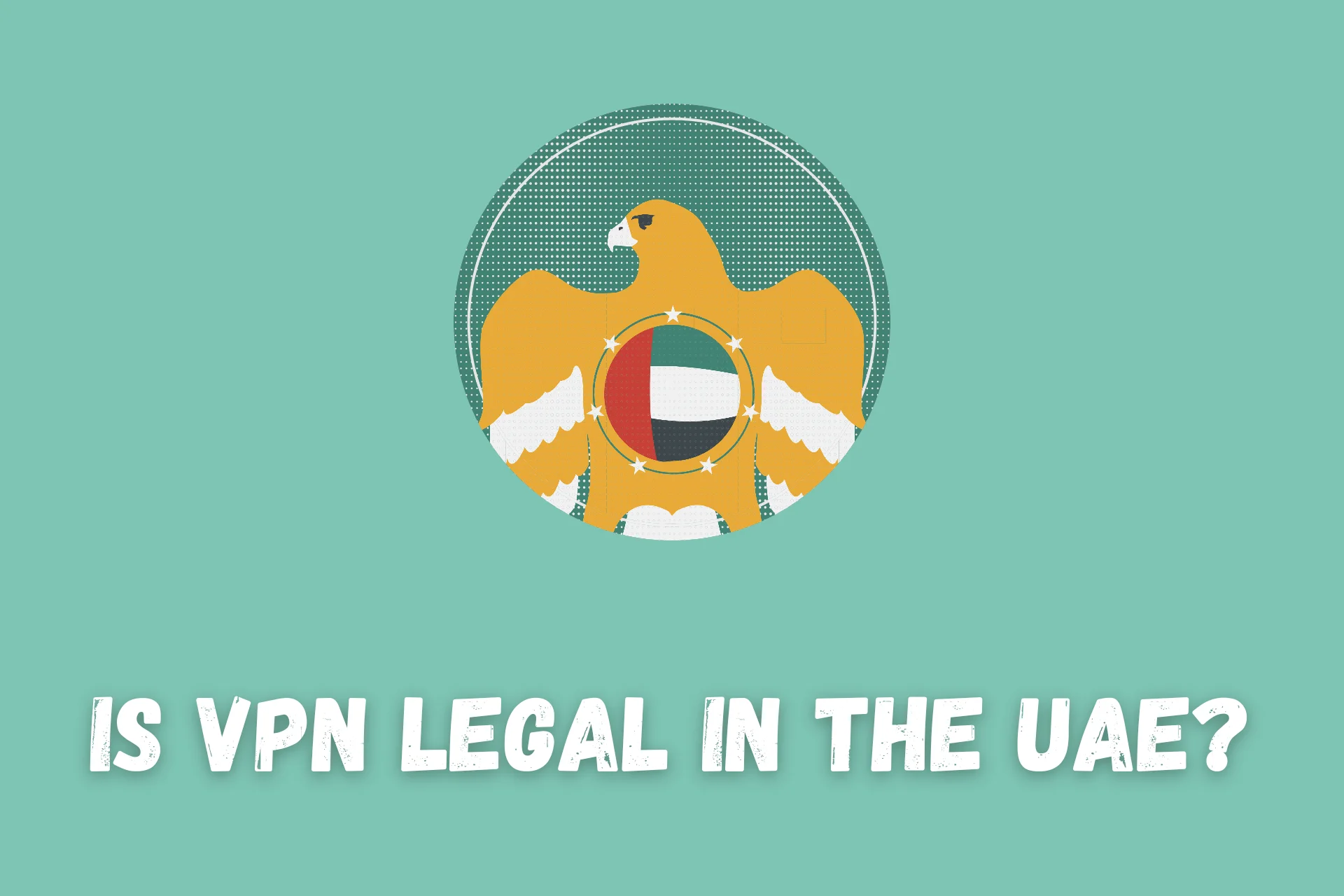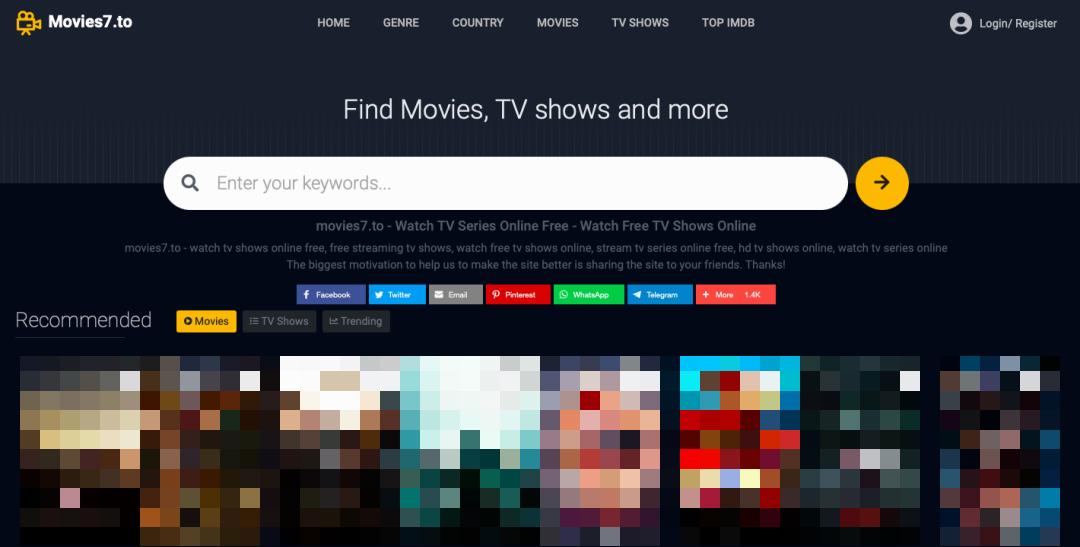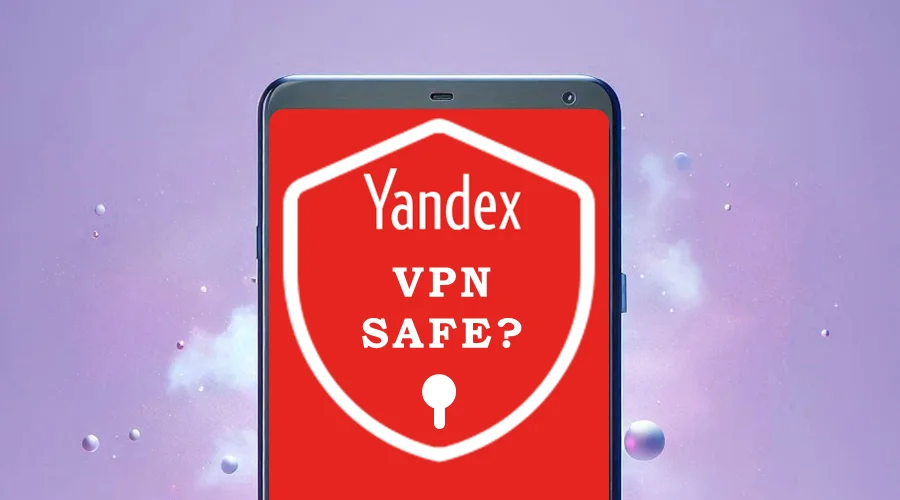Is VPN Legal in The UAE? [And Why You Should Use One]
4 min. read
Updated on
Read our disclosure page to find out how can you help VPNCentral sustain the editorial team Read more

Considering the country’s strict internet regulations, many people ask if VPN usage is legal in the UAE.
VPNs are essential tools designed to enhance online privacy and bypass geo-restrictions.
However, in the Emirates, their use often leads to legal questions.
Is VPN legal in the UAE?
Yes, VPNs are legal in the United Arab Emirates. However, if you access censored online services and websites, you’re crossing into illegal territory.
The UAE’s Telecommunications Regulatory Authority (TRA) allows businesses, corporate institutions, and banks to use VPNs for secure network access.
However, the main issue arises when someone uses a VPN to hide criminal activities.
Moreover, to protect the profits of state-owned telecom firms, the government restricts VoIP services like Skype and WhatsApp calls.
Accessing these using a VPN can lead to legal consequences.
Why it’s a good idea to use a VPN in UAE
The UAE boasts a rich cultural tapestry, but it also enforces strict internet regulations. Here’s why a VPN becomes beneficial in the UAE:
Access to geo-restricted content
Content access varies based on geographic location due to licensing agreements and regional laws.
For instance, a streaming service might offer a particular show in the US but not in the UAE. With a VPN, you can change your apparent location, allowing you to access a broader range of content.
Enhanced online privacy
Every time you browse the internet, you leave a digital footprint.
Advertisers, hackers, and even governments can track these footprints. A VPN encrypts your data, making your online actions virtually untraceable.
In a country like the UAE, where online surveillance is a concern, using a VPN ensures that your personal information, browsing history, and online transactions remain private.
Bypass censorship
The UAE government, like many others, has put in place certain internet restrictions.
These can range from blocking political content to social media platforms.
A VPN allows you to bypass this government-imposed censorship, ensuring you gain unrestricted access to information and can exercise your right to freedom of expression online.
Secure public Wi-Fi
Public Wi-Fi networks, like those in cafes, airports, or hotels, are often unsecured. This makes them a prime target for cybercriminals looking to steal personal information.
By using a VPN on public networks, your data gets encrypted, reducing the risk of cyberattacks and ensuring that sensitive information, like passwords and credit card details, remains confidential.
Avoid online surveillance
Governments around the world, including the UAE, monitor online activities for various reasons.
A VPN provides an added layer of security, ensuring that your online actions remain anonymous and out of the prying eyes of any third parties.
Access to VoIP services
Voice over VoIP apps like Skype, WhatsApp calls, and Zoom are essential communication tools.
However, in the UAE, some of these services face restrictions, primarily to protect the interests of local telecom providers.
A VPN offers a solution by allowing you to access these platforms without restrictions, ensuring you can stay connected with family, friends, and colleagues.
Safe online transactions
Online transactions, whether it’s shopping, banking, or any other financial activity, involve the transfer of sensitive information.
In the wrong hands, this data can lead to identity theft or financial fraud. VPNs provide a secure tunnel for these transactions, ensuring that your financial and personal details remain encrypted and safe from potential cyber threats.
Summary
While VPN usage in the UAE is legal, it’s essential to be aware of the content and services you access using it. VPNs offer numerous benefits, from bypassing geo-restrictions to ensuring online privacy.
However, you should always be cautious and informed about local laws and regulations.
FAQ
Why is the internet so censored in Dubai and the UAE?
The government censors the internet in Dubai and the UAE to maintain the country’s cultural, moral, and religious values. They believe some content can harm or offend its citizens.
Additionally, this censorship aims to protect national security and ensure public order.
How does censorship work in Dubai and the UAE?
The Telecommunications Regulatory Authority (TRA) in Dubai and the UAE sets censorship guidelines. Internet Service Providers (ISPs) then use these guidelines to block specific content.
The government also actively monitors online activities and takes action against those who violate these restrictions.
What content is blocked in the UAE?
The UAE government blocks content that doesn’t align with the country’s values, morals, and customs.
This list includes gambling sites, pornography, LGBTQ+ topics, certain political sites, and anti-religious content. To protect state-owned telecom companies, they also restrict some VoIP services.







User forum
0 messages